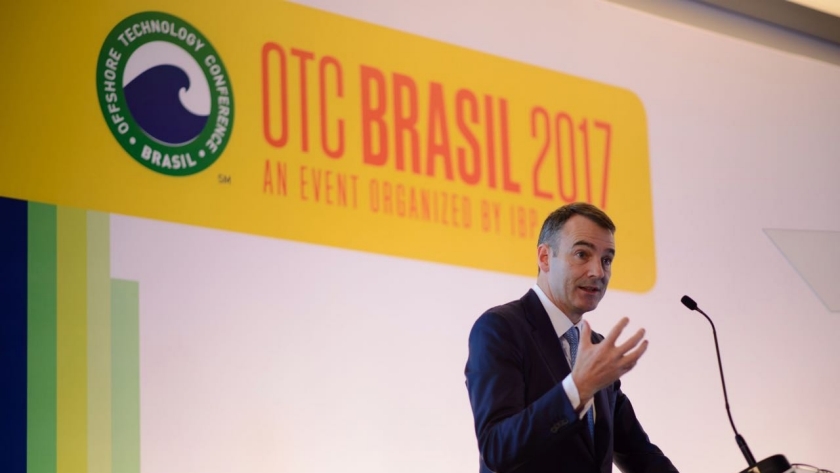
BP is looking to Silicon Valley for inspiration in creating a “connected upstream”, according to segment chief Bernard Looney.
The top executive revealed the influence as he talked about connecting the “disparate cultures” of the 20th century rooted oil and gas industry with the 21st century social media generation.
Speaking at the Offshore Technology Conference in Brazil today he stressed the importance of standardisation and digital transformation.
He said: “In BP we have broadened our horizons by engaging with many other sectors, from car-makers to manufacturers.
“Perhaps nothing challenges you more than spending time in Silicon Valley. There you find the culture of a 21st century digital industry – the culture of Facebook, Twitter and YouTube – which inevitably contrasts so much with the culture of our industry with its roots in the 20th century.
“And yet I believe that our future lies in bringing these disparate cultures together. It is not impossible. We have already embraced digitization in seismic surveying and processing – particularly Petrobras and BP.
“But now it is time to release the power of the fourth industrial revolution across all activities: seismic, sub-sea, wells, facilities, production.”
Mr Looney went on to explain that the idea of bringing technology to bear on the upstream segment was what BP called “the connected upstream”.
He outlined the vision as “people and assets working together as one team, facilitated by digital technology”.
He added: “We are working towards that vision in several ways. The first is intelligent monitoring. For example, we now have more than 2,000 kilometres of fibre optic systems feeding streams of data from offshore operations to onshore monitoring centres.
“Second is system optimisation. Our tool called Apex simulates and optimises production 24/7 by modelling physical constraints and adjusting flows.
“The third area is predictive analytics, where we are using a cloud-hosted wells data platform called Argus with data on 2,500 wells to review performance and share experience.
“All of this is underpinned by a growing digital foundation, including a data lake of over a petabyte into which a billion data records from our operations are pumped every day. That is roughly double the daily tweets on Twitter.”
Mr Looney, BP’s chief executive for upstream operations, said there was “great scope” for applying this to deep-water challenges.
And he reiterated the company’s committment to being a “participant”, “not an observer” in the transition to a lower carbon economy.
He said: “Let me conclude with this thought. The Brazilian novelist Paulo Coelho wrote that the world’s greatest lie is to believe that, at a certain point in our lives, we lose control of what is happening to us, and our lives become controlled by fate.
“That is easy to believe when the world is changing so fast. Yet he is correct.
“We do still have control of many important things that can shape our futures.
“We are responsible for our actions as people and our choices as leaders. We have great people in this industry and powerful tools at our disposal. Our job as leaders is to bring them together and build a new future.
“If we develop agility, if we change our mindset and if we embrace the fourth industrial revolution, then we can succeed in a low oil price world.
“As Nelson Mandela said, it always seems impossible … until it’s done.”
Recommended for you
